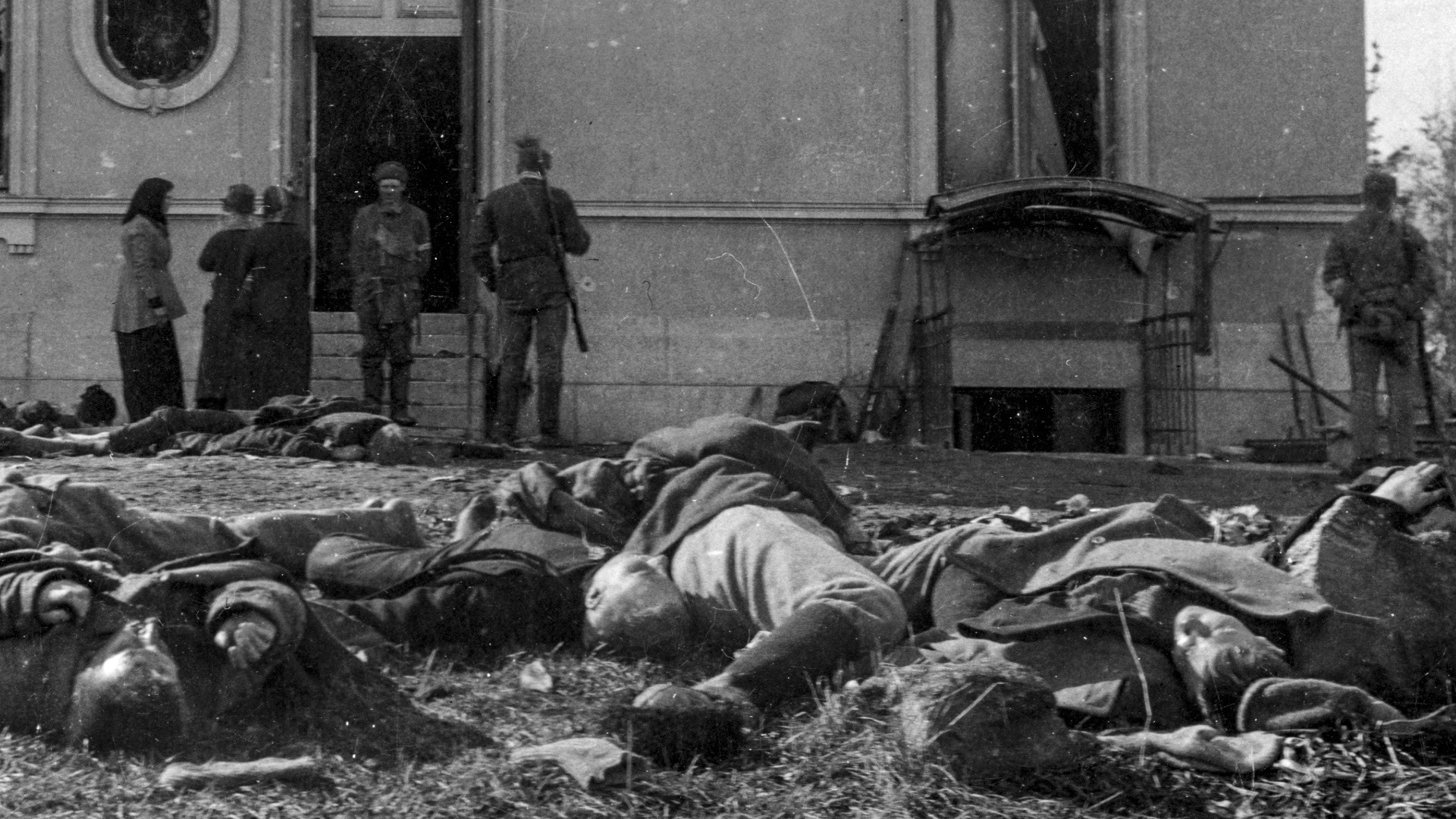
The Winner takes it all. But how about the losing party, should it be listened or not?
I recognize, for myself, at least the reasons leading to the WWI, the Great Powers were all involved to it. However, while Germany, or Prussia lost this war, I think, her purpose was not so different versus the winning party of that war. Were the Germans listened after being defeated? In my opinion, not. I dare to say, while not being listened, the rules ending the WWI set Germany to a such a position, that gave a birth for a Renaissance, to build-up and take the revenge. The defeat, while not being accepted and considered as a wrong-kind-of, it erupted the German far-right, leading to extreme nationalism. I see it very clearly, the seed of the WWII was already sowed while the other nations set the terms which Germany should fulfill at the peace-conference.

'Urhot kaatuu vapauden laulu huulillaan' - 'The Brave ones will fall while having a song of the Liberty on their lips' Those were some words in the March of the Finnish Red Guard. The Finnish working class march melody was taken from the Swedish birthday song, 'Ja må hon leva'. In the picture, the brave ones lie fallen in the battlefield in 1918. The driving cause of the Finnish Reds was completely put aside after the war. It was "downtrodden as deep as the swamp can go." The bodies of the fallen were usually leaved for display, for recognition and to humiliate people.
A very bitter, a poignant war. The Finnish Civil War of 1918. An extreme example what not to do while being a state. A power vacuum in the country after the Russian unstable condition erupted the Finnish Civil War. The right-wing supported a German-like government to be established in the country, while the working-class favored more equality in the ruling manners. It was and still is such a humiliating period in the Finnish history, while the winning party ignored completely the losing party. This further erupted a deep scar between the Finnish nationhood. The Red's cause was partly recognized while the Winter War broke out in 1939, while all hands were needed, but in basics, all the Reds and their families, their civil rights were taken away for the future decades.

Margaret Thatcher became known as the Iron Lady. During her rule, the United Kingdoms went to a war against Argentina, due to the Falkland Islands.
While the Great-Britain had already lost her status as an imperial, or a colonial power, the Iron Lady went for a war against Argentina because of the Falkland Islands in the 1980's. The Argentinians had a hope about the UK returning the Islands back for the country and while this matter sharpened, Argentina occupied the Islands. Contrary to the general assumption, the UK responded militarily. The Falkland Islands are still occupied by the UK.
Last edited:
- 3




